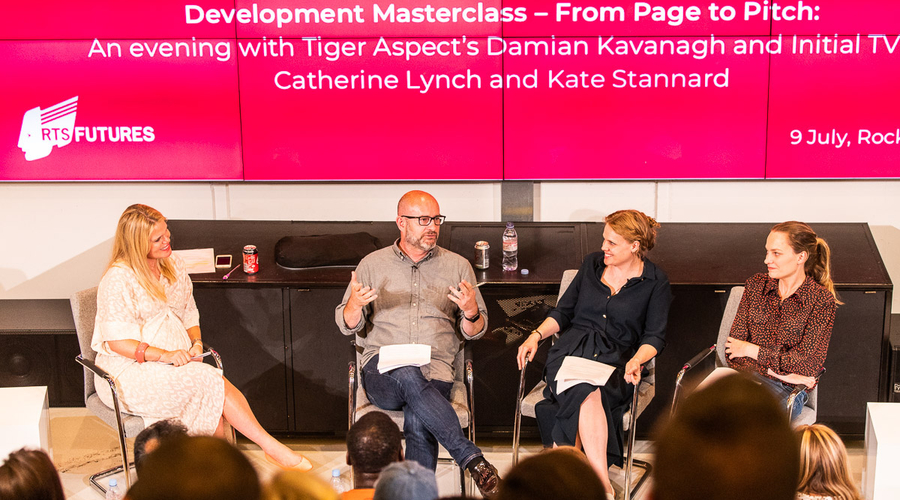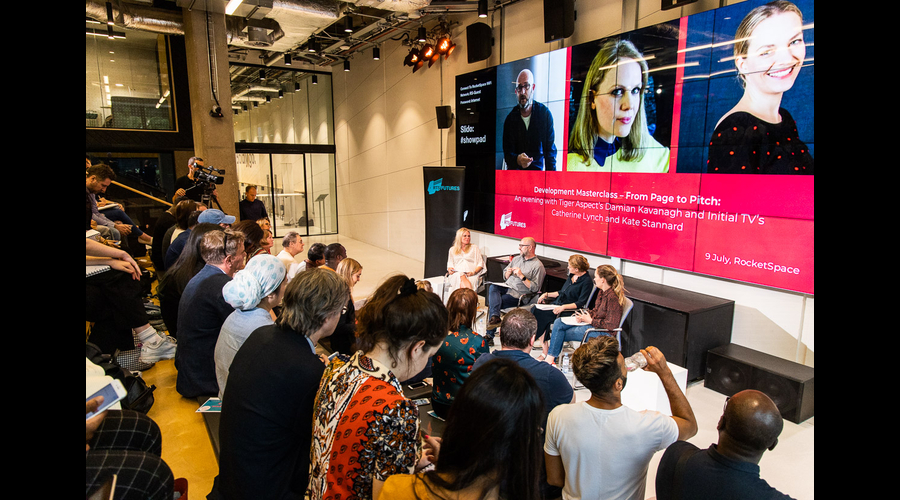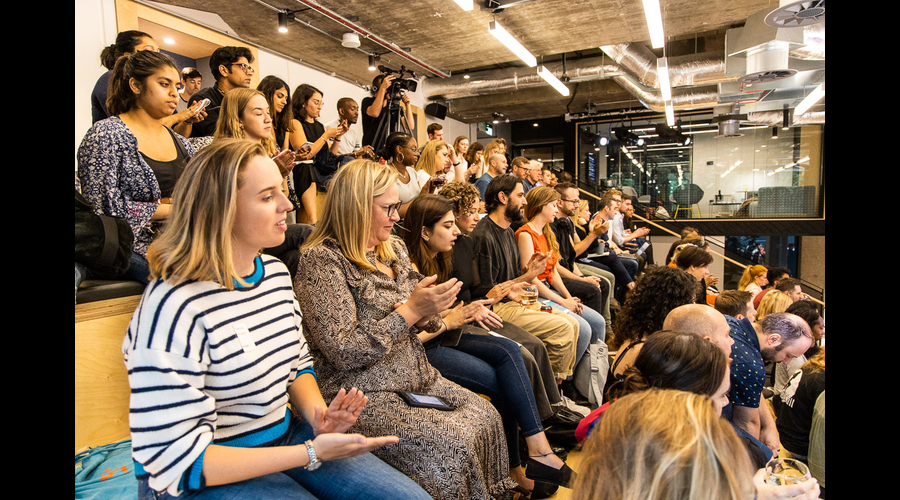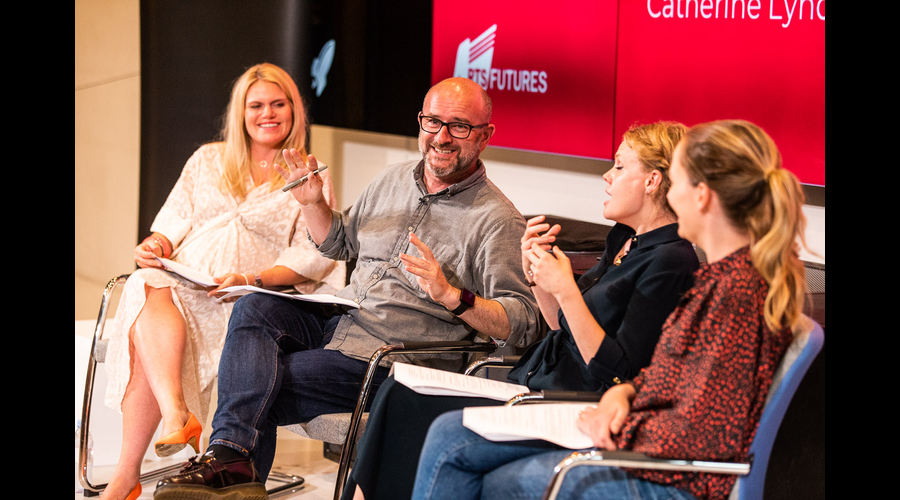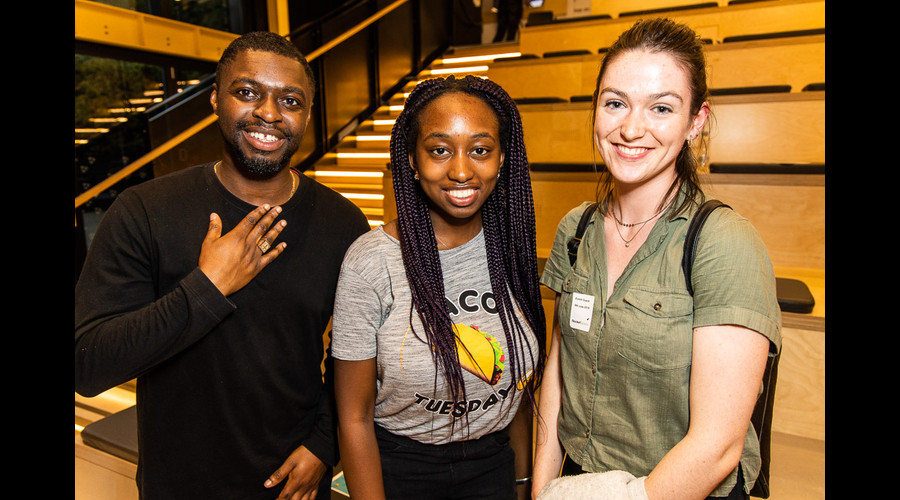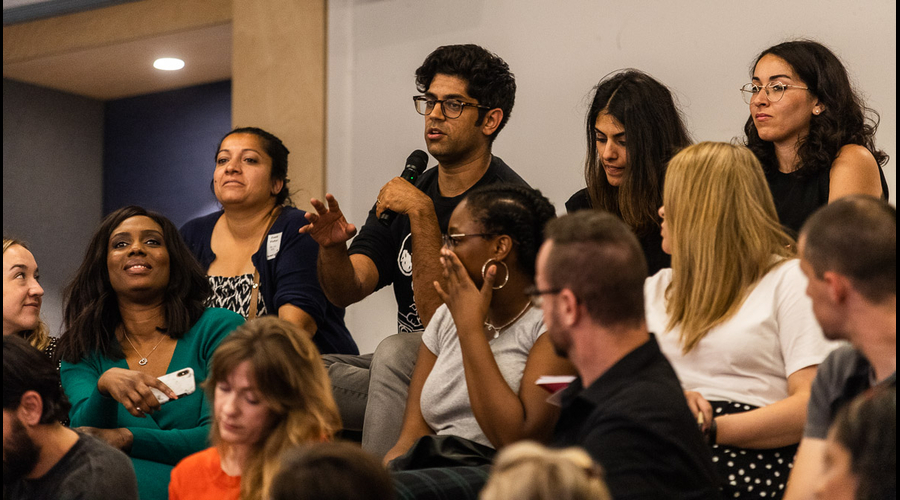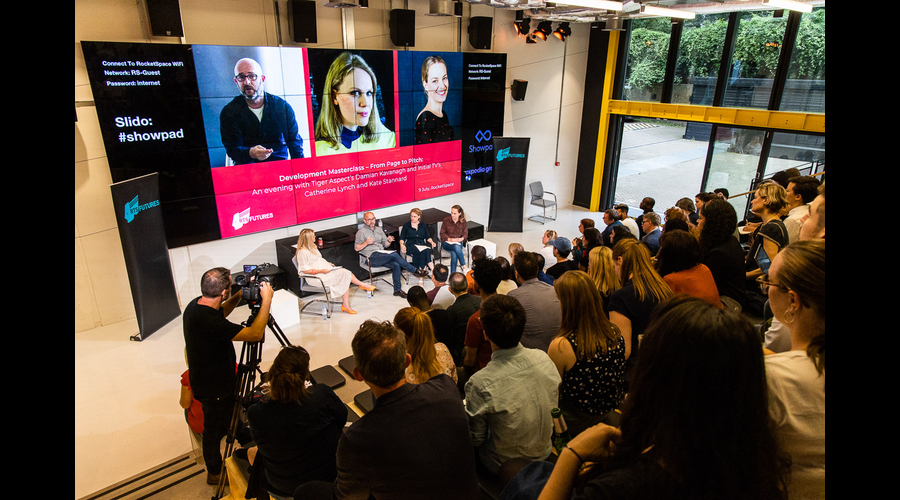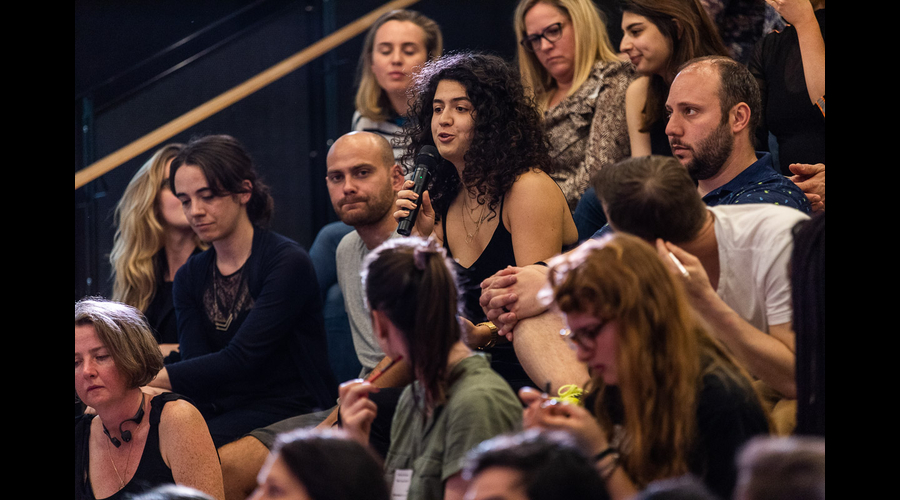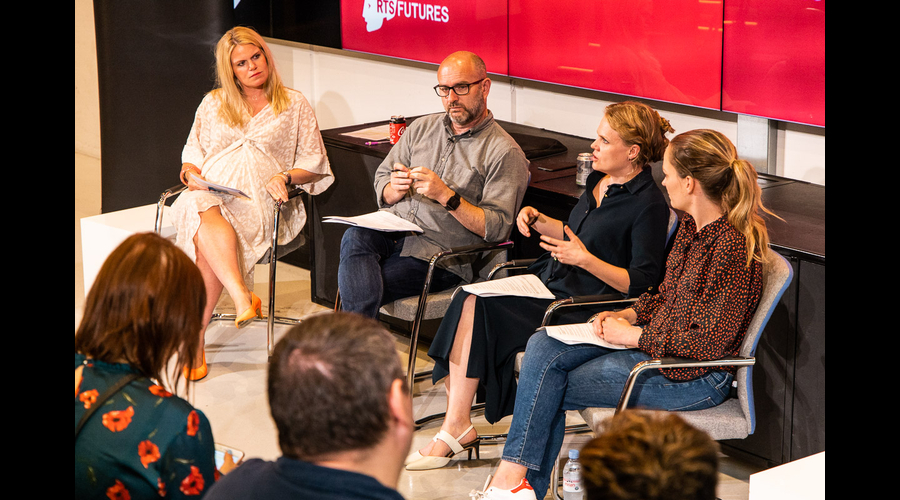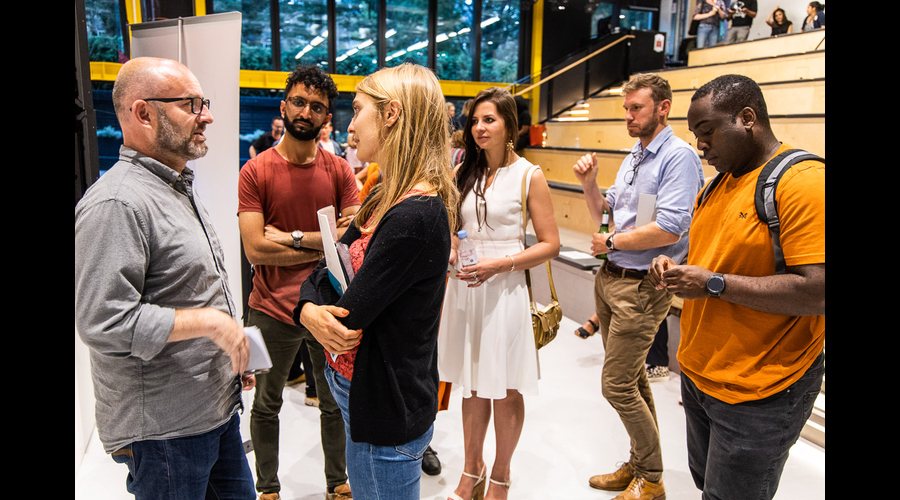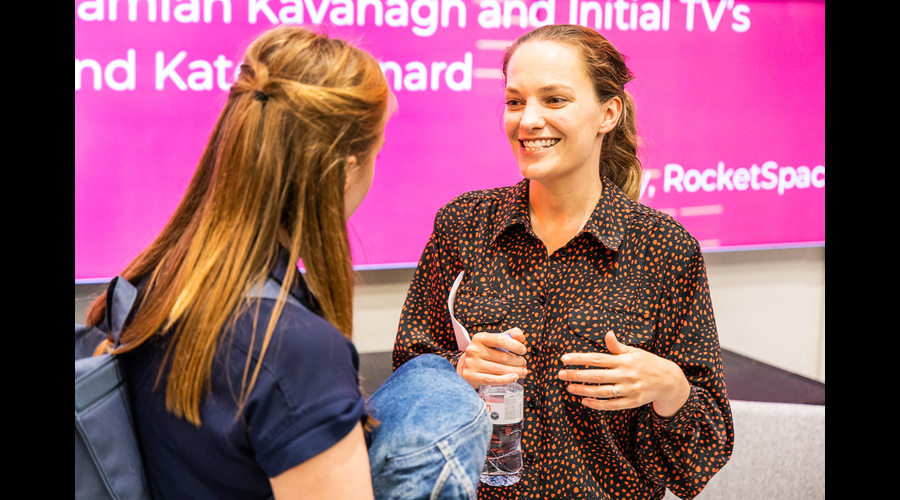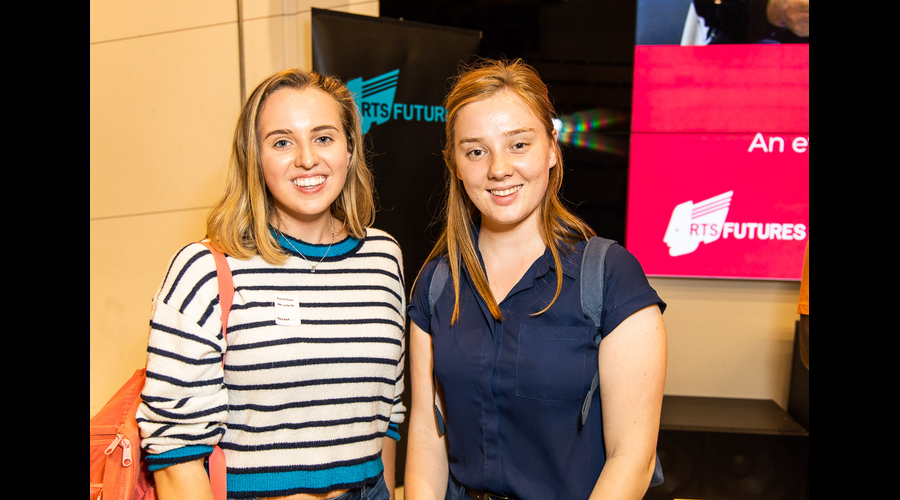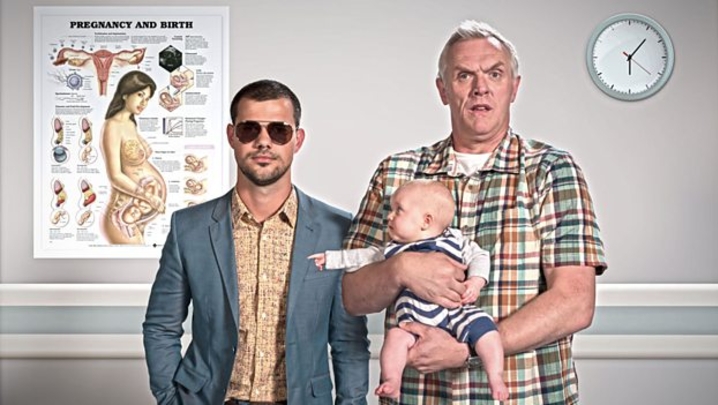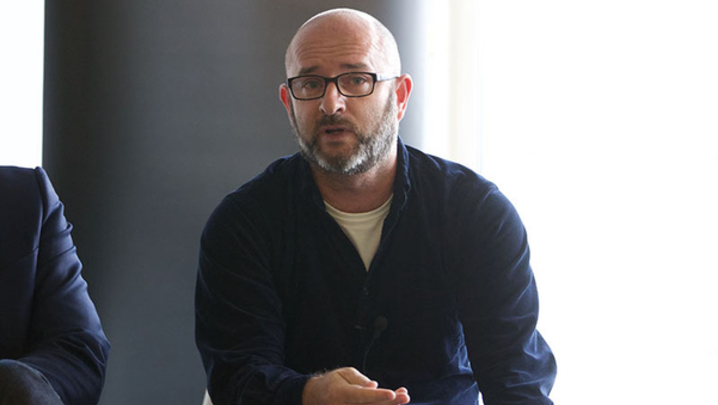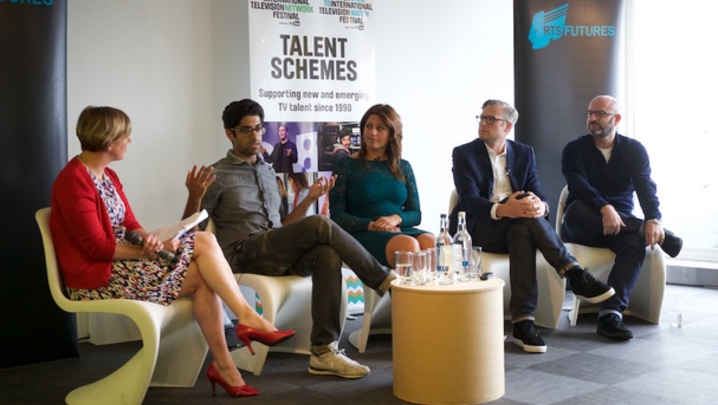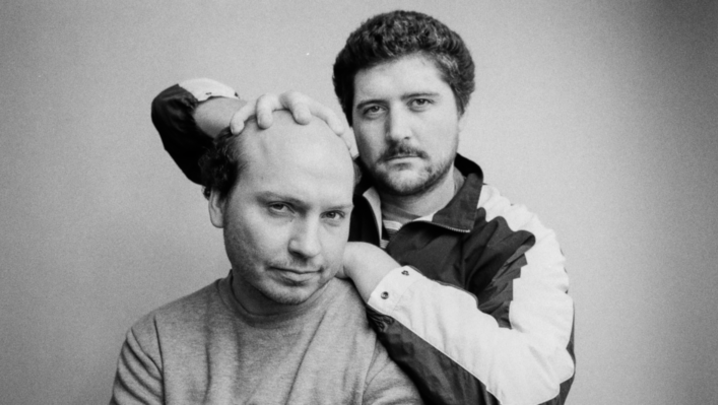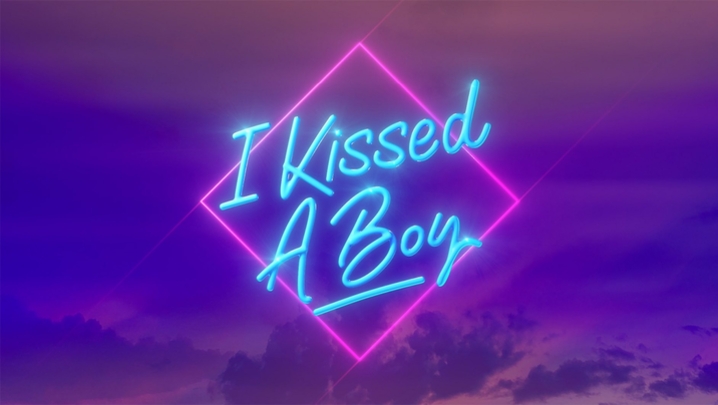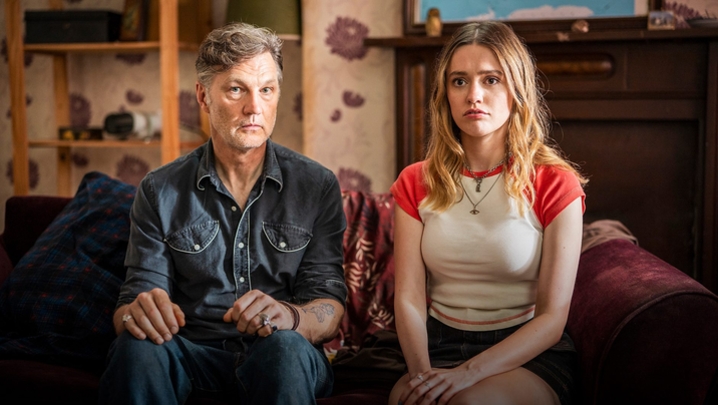It’s important to be passionate, rather than precious, about ideas when developing TV shows, an RTS Futures audience heard in early July.
“If you are defensive and precious about your idea, and you won’t let it evolve, whether that’s in your brainstorm or when you’re pitching to the commissioner, it’s just never going to go anywhere,” explained Catherine Lynch, creative director at Initial TV, which makes ITV gameshow Tenable.
Initial’s head of development Kate Stannard agreed: “What you end up seeing on telly is often quite different to the thing you first said in the room.”
It’s important to think of pitching as a conversation, recommended Damian Kavanagh, former controller of BBC Three and now managing director of Tiger Aspect, which makes Man Like Mobeen (BBC Three). Commissioners know what else they have in development, as well as what works best for their audience, so collaboration is vital.
The panel, chaired by BBC Studios director of digital content, Anna Cronin, explained that it was important to have a strong sense of what the show would look like, why now is a good time to make it and why it would work for that channel. Although the development process means the shape of the show is likely to change considerably, it is still important to anticipate questions that commissioners might ask, and be ready with the answers.
For Stannard, who has worked on shows including ITV’s 5 Gold Rings and BBC One’s Catchpoint, it’s essential to think about the elements that feature in the show: “My biggest development bug bear is when I read treatments and people say, ‘And then they’ll do some challenges…’ What challenges? Be specific.”
It’s obvious within the first five minutes of a meeting if someone hasn’t watched your channel, added Kavanagh. “Read as much data as you can on audiences… try and learn what’s making those audiences tick.”
All photography by Paul Hampartsoumian
Presenting the treatment for the show is just as important as coming up with the initial idea. Thinking about what the show will look like on a channel’s streaming service is a good start, suggested Kavanagh. “[The audience is] choosing on a picture and a line of copy, that’s it. If you cannot crystallise your idea into that, and in a way that will give you a sense of what it is, the tonality of it, the sensibility it has, you’re not going to be watched, and your show’s not going to do well,” he argued.
Audiences will spend just half a second deciding whether to press play, so grabbing their attention is key.
Stannard’s team often opens pitches with a poster for the proposed programme, which gives commissioners n idea of what the audience can expect. “We work in a visual medium,” added Catherine Lynch, “Words on a page are not enough… [using] PowerPoint in development is so useful.” She explained that an existing video could help illustrate ideas, such as a YouTube clip that inspired a task on a gameshow.
Creatives working outside development must link up with a development company before a commissioner will hear their ideas, the audience was told. Most companies won’t read unsolicited emails in case they’re accused of ripping off ideas, but they will often be open to meeting face to face.
Kavanagh advised looking up companies that made similar shows: “Contact the development team, be aware of what the production company’s doing, tell the people if you do, genuinely, like their work, that you like their work and you’d like to have a coffee.”
The RTS Futures event, ‘Development masterclass: From page to pitch’, was held at RocketSpace in London on 9 July. It was produced by Rajveer Sihota, Michael Fraser, Mars El Brogy and Melissa Clay-Peters.


